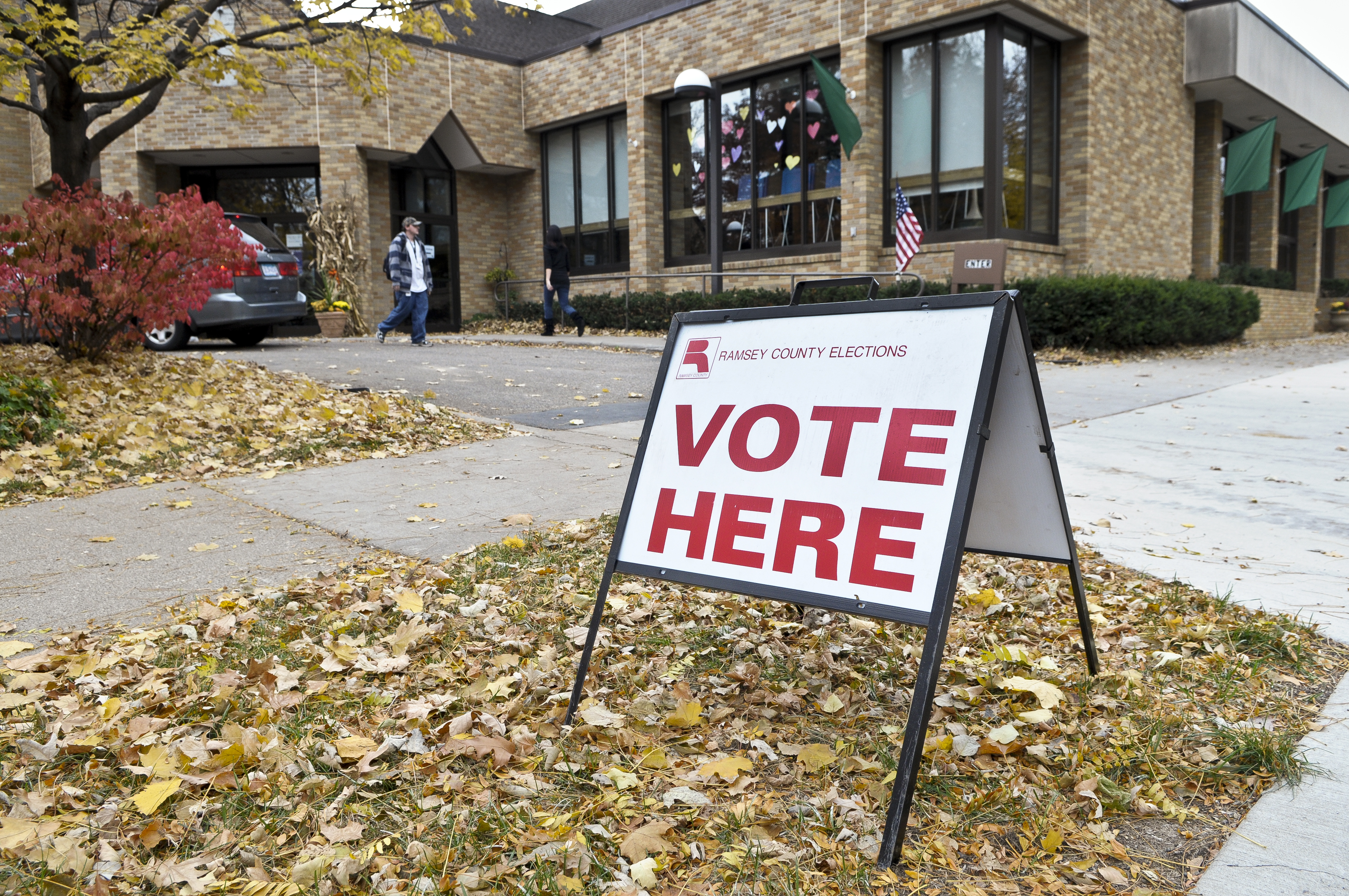Elections panel hears bill requiring early voting instructions in languages other than English

Minnesota has printed voting materials and instructions in multiple languages for 125 years.
“Back in 1896 and through the ‘20s, ‘30s and ‘40s, the languages were Swedish, Norwegian, Finnish, Danish, French, German, etc.,” said Secretary of State Steve Simon. “The only difference between then and now is the languages.”
Sponsored by Rep. Jay Xiong (DFL-St. Paul), HF158 would require the Office of the Secretary of State to prepare in-person absentee-voting — or early voting — instructions in languages other than English.
“The right to vote is granted to all citizens, but for some exercising their right to vote is difficult, especially for communities with limited English,” said Rep. Samantha Vang (DFL-Brooklyn Center).
At a minimum, instructions must be prepared and made available in print, electronic, and audio-visual formats in Spanish, Hmong and Somali.
“There’s more we could, and I would argue should, be doing,” Simon said. “This bill gets into more details when it comes to absentee voting for example, like actual instructions. This would expand the scope to the three most commonly spoken non-English languages.”
A fiscal note shows an expected $48,000 cost in fiscal year 2023.
The bill was held over Thursday by the House State Government Finance and Elections Committee for possible omnibus bill inclusion. Sen. Omar Fateh (DFL-Mpls) sponsors the companion, SF657, which awaits action by the Senate State Government Finance and Policy and Elections Committee.
The office now provides what Simon terms “pretty basic information” in Spanish, Hmong, Somali, Vietnamese, Russian, Chinese, Lao, Oromo, Khmer and Amharic. Languages are chosen based on demographic numbers.
Sahro Abdullahi is a cultural liaison for the Somali community in Burnsville-Eagan-Savage School District 191.
In a letter, she referenced anxieties of voting for the first time, especially when English is not someone’s native tongue.
“We had to work so hard to convince people that their voice matters — that it’s their right as an American Citizen, even if they don’t have expert knowledge of the language. Yet when we showed up to polling locations, the resources were not available to guide them through the process.”
Related Articles
Search Session Daily
Advanced Search OptionsPriority Dailies
Speaker Emerita Melissa Hortman, husband killed in attack
By HPIS Staff House Speaker Emerita Melissa Hortman (DFL-Brooklyn Park) and her husband, Mark, were fatally shot in their home early Saturday morning.
Gov. Tim Walz announced the news dur...
House Speaker Emerita Melissa Hortman (DFL-Brooklyn Park) and her husband, Mark, were fatally shot in their home early Saturday morning.
Gov. Tim Walz announced the news dur...
Lawmakers deliver budget bills to governor's desk in one-day special session
By Mike Cook About that talk of needing all 21 hours left in a legislative day to complete a special session?
House members were more than up to the challenge Monday. Beginning at 10 a.m...
About that talk of needing all 21 hours left in a legislative day to complete a special session?
House members were more than up to the challenge Monday. Beginning at 10 a.m...